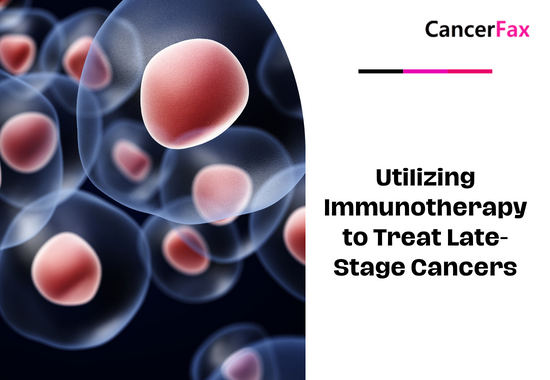A study conducted at the Los Angeles Children ’s Hospital is providing the best treatment for a rare invasive leukemia called mixed phenotype acute leukemia (MPAL).
This study (a 20-year quantitative synthesis of the scientific literature) found that treatment of MPAL with a low-toxicity regimen is associated with a clear benefit of remission and possible long-term survival. These findings were published in the online journal “Leukemia” on February 27, 2018.
MPAL accounts for 2% -5% of leukemia cases, which is historically difficult to treat, and the 5-year survival rate is less than 50%. The disease affects children and adults and is characterized by two common forms of leukemia: acute lymphocytic leukemia (ALL) and acute myeloid leukemia (AML).
The physician must decide whether to use ALL or AML, or a mixture of the two methods. There is no clear consensus on which method is best. Because this disease is very rare, thousands of patients have not been clinically tested to determine the best treatment plan. Instead, many small, isolated, and often conflicting case reports have been published in widely distributed magazines around the world .
In order to better understand existing research and provide doctors with clearer treatment guidance, Orgel and the CHLA research team conducted the first observational systematic review and meta-analysis of MPAL. The team eventually narrowed the list to 252 related papers from 33 countries, involving 1,499 patients. Their key finding: Patients who were initially treated with ALL (patients with significantly lower toxicity) were 3 to 5 times more likely to achieve complete remission than patients who were treated with AML. The patients who received mixed therapy performed the worst.
The study highlights the important need for clinical trials to determine the best treatment for MPAL and helps promote the treatment of this rare disease.

